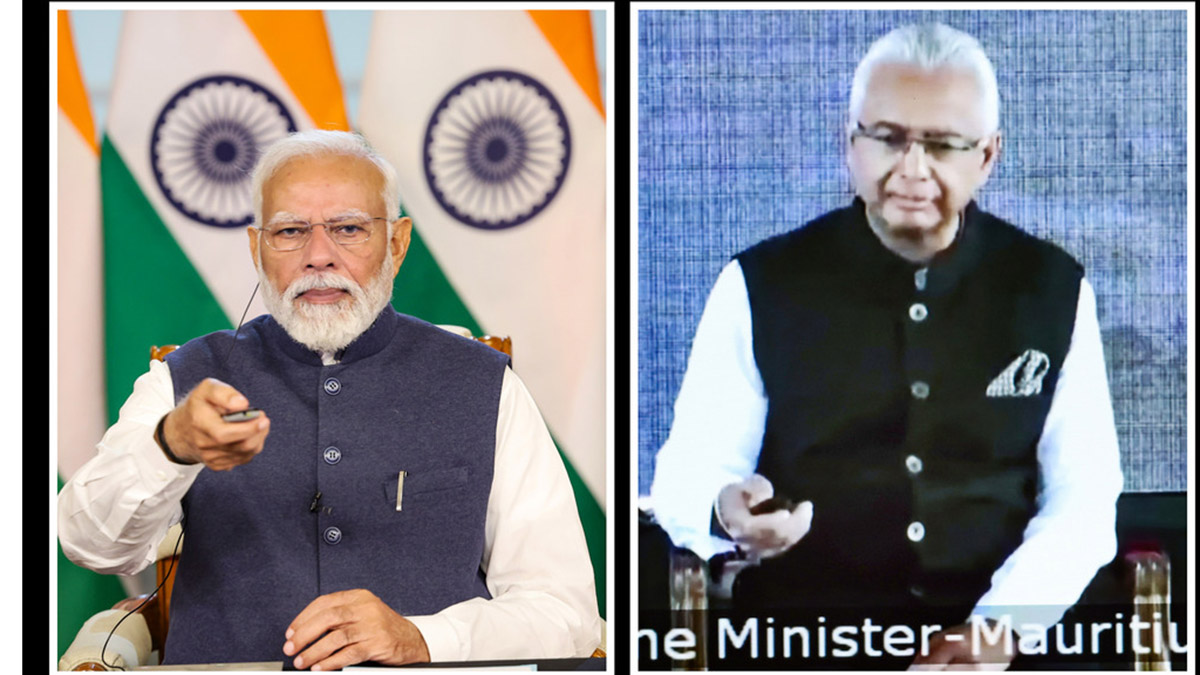Arun Jaitley was Narendra Modi’s consensus man between 2014-19 when historic reforms, mainly the goods and services tax (GST), and Insolvency and Bankruptcy Code (IBC), finally turned into a reality after getting stuck in a political tug-of-war for more than a decade.
GST and IBC were Modi’s two big-ticket items on the agenda that changed the status quo for the nation after a long period of policy paralysis. Jaitley played a crucial role in realising both these major reforms. Besides working behind the scenes, Jaitley also played the role of the government’s spokesperson whenever it needed him to articulate its economic policies and visions to voters.
Jaitley’s role turned even more important in the post-demonetisation days when the government was going through a tumultuous period in the aftermath of the 2016 announcement to withdraw high-value notes.
Chaos reigned in the informal economy for months after demonetisation and it required the then finance minister Jaitley to address the media and public on a routine basis. Jaitely did that duty till the chaos settled after many months.
In 2014, within a few weeks after the Narendra Modi-led BJP formed the government at the centre following a landslide mandate, the government’s intent was clear: To introduce big disruptions in the status quo. Back-to-back announcements were made to achieve greater financial inclusion, clean-up the parallel economy and structurally change the banking and taxation systems. Jaitley’s job was to convey the intent and the nuances to the general public and convince them about the expected good outcome and political intent. He did it well.
Jaitley’s negotiation skills came handy for the party the most during the discussion stages of GST which rolled in several archaic state-level taxes to a unified tax regime. Most experts agree that the implementation was flawed and the initial hiccups are yet to be resolved. But the journey to a unified tax regime had to start at some point.
Moving to GST regime was a critical step for Indian economy on its way to become a matured economy. Jaitley spearheaded the consensus generation process interacting with opposition ruled states and finally managing to get the required approval from majority states.
Jaitley’s stint as the finance minister was also eventful for the Indian banking system. It was in 2014-15, India’s state-run banks were forced to undertake the biggest-ever bank loan clean-up process under the Reserve Bank of India (RBI). Without this, the chunk of hidden non performing assets (NPAs) on the balance sheets of state-run banks would not have come out for another many years probably. This would have led to a major financial crisis. But, with strong political backing from the centre, the RBI began the painful process.
During Jaitley’s stint as finance minister, the country’s macro fundamentals improved, inflation and fiscal deficit came under control and the country’s forex reserves improved.
Jaitley’s demise comes in the midst of another phase when economic crisis is snowballing. His successor in office, Nirmala Sitharaman, has a herculean task in hand to get the economy back on the growth track.
On Friday, Sitharaman announced a host of measures to boost investor confidence. These included rolling back of some of the decisions announced in the Budget to pacify investors and offer some tax relief to portfolio investors and start-ups.
Jaitley’s term in office witnessed era of disruptions and structural changes that have left some amount of pain on the financial system. His successor has a task to carry forward the reform process, at the same time making sure the economy’s growth engines are alive and functioning.


)




)
)
)
)
)
)
)
)